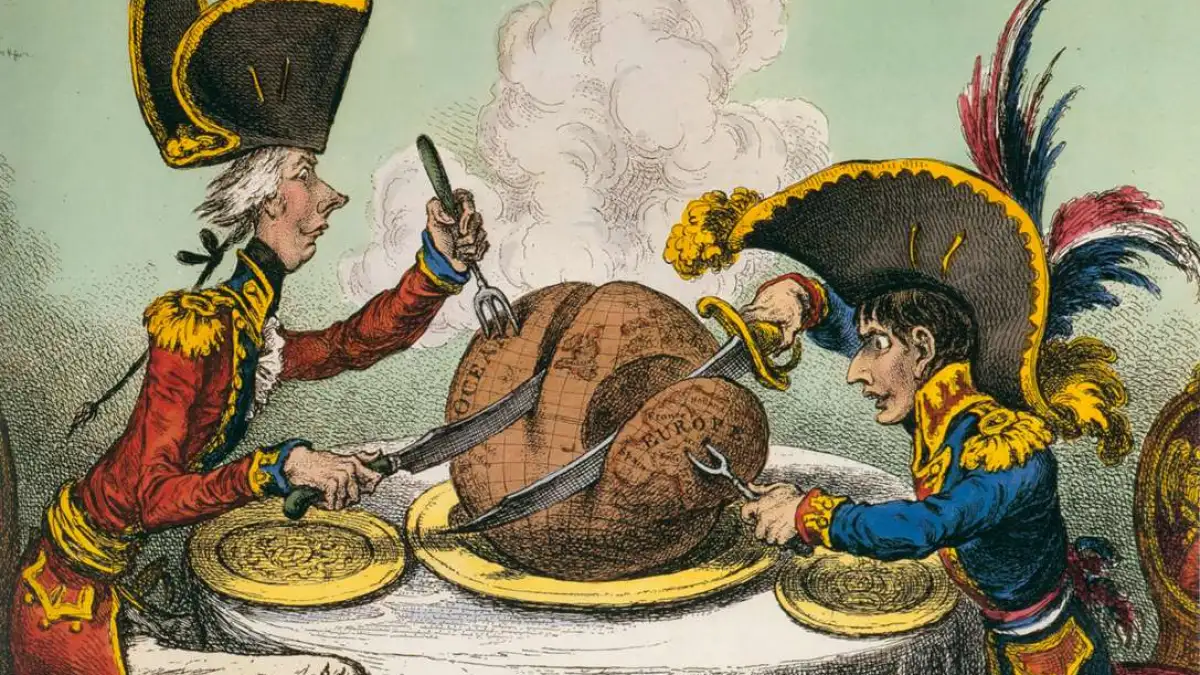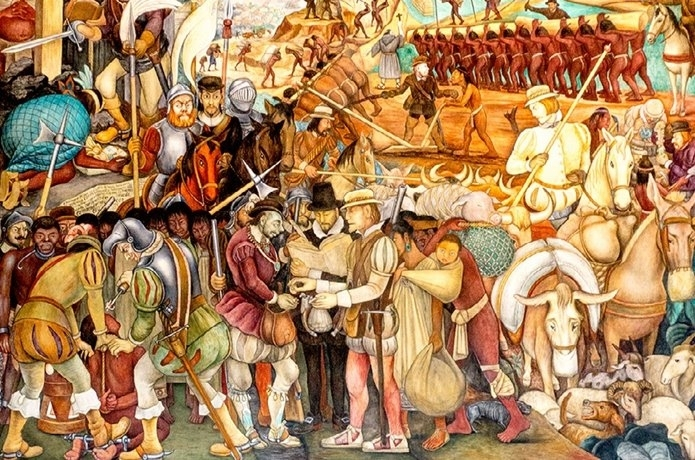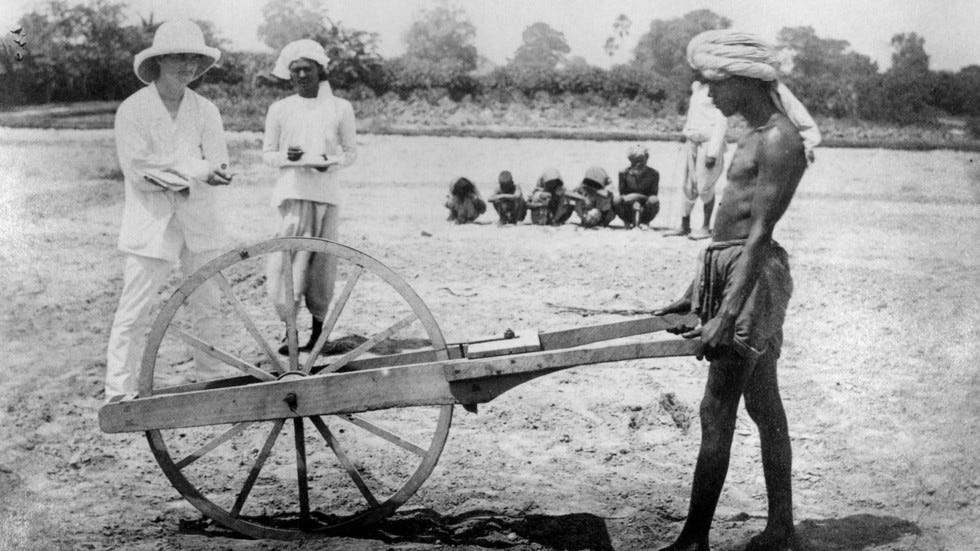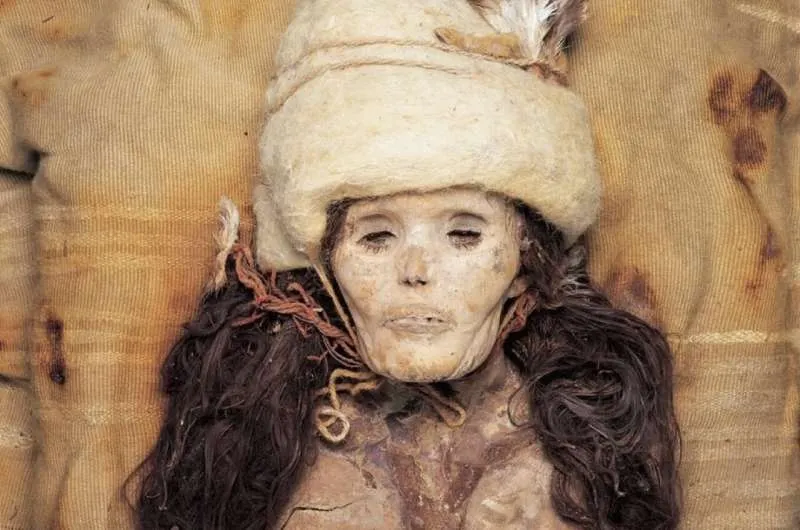“Empire and Exploitation: The Global Legacy of Colonialism”

Colonialism is the practice by which a powerful country establishes control over a foreign territory, imposes its political, economic, and cultural systems, and exploits local resources and populations for its own benefit. At its core, colonialism is about domination—territorial, economic, racial, and ideological.
While some empires existed long before the modern age, the era of modern colonialism—beginning in the 15th century and lasting well into the 20th—left deep scars and enduring legacies that continue to shape international politics, economics, and identity today.
🌍 Origins and Evolution of Colonialism
Early Forms of Colonialism
Long before European powers dominated the globe, earlier forms of imperial control existed:
- Ancient Empires: Egypt, Assyria, Persia, Greece, and Rome expanded by conquering neighbors and extracting tribute.
- Islamic Caliphates: Expanded rapidly across North Africa, the Middle East, and parts of Europe and Asia from the 7th century onward.
But it was the Age of Exploration (15th–17th centuries) that launched modern European colonialism, powered by maritime expansion, capitalism, and religious zeal.
⚓ The Two Waves of Modern Colonialism
1. First Wave (15th–early 19th centuries)
Driven by Spain and Portugal, followed by the Dutch, French, and British, this wave focused on:
- The Americas: Colonization began with Christopher Columbus (1492) and led to the destruction of indigenous empires (Aztec, Inca, etc.).
- West Africa and the Slave Trade: European powers established coastal forts to trade in enslaved Africans who were shipped to the Americas.
- Asia: Portuguese Goa, Dutch East Indies, and British trading posts were established to access spices and trade routes.
2. Second Wave (19th–20th centuries)
Often called “New Imperialism”, this period was marked by:
- The Scramble for Africa (1881–1914): European powers divided nearly all of Africa at the Berlin Conference (1884–85).
- Colonial Asia: The British took control of India, while the French seized Indochina, and the Dutch held Indonesia.
- Global Competition: Empire became a mark of national prestige and economic power.

🧪 Motivations Behind Colonialism
- Economic Exploitation
- Extraction of raw materials (e.g., gold, cotton, rubber, spices)
- Establishment of plantations and mines
- Creation of captive markets for manufactured goods
- Political and Strategic Power
- Naval bases and control over trade routes
- Imperial rivalry between European powers
- Expansion of national prestige
- Religious and Ideological Motives
- Christian missionary work
- Belief in racial superiority (White Man’s Burden, Social Darwinism)
- Civilizing missions
- Scientific Curiosity
- Exploration of unknown lands
- Classification of flora, fauna, and people—often to justify control
⚖️ Mechanisms of Control and Exploitation
Political Domination:
- Installation of colonial governors or puppet rulers
- Destruction of indigenous governance systems
- Imposition of foreign laws and languages
Economic Systems:
- Forced labor (e.g., encomienda in Latin America)
- Taxation and debt peonage
- Land confiscation and export-oriented agriculture
Cultural Supremacy:
- Erasure or marginalization of native languages and religions
- Christianization campaigns
- Racist education systems promoting European superiority
📍 Case Studies: Global Impact of Colonialism
Africa
- Artificial borders drawn by Europeans caused ethnic conflicts still unresolved today.
- Extractive economies (e.g., rubber in Congo) devastated local societies.
- British indirect rule and French assimilation policies disrupted traditional power structures.
India
- The British East India Company (1600–1858) and later the British Crown exploited India’s economy.
- Famines worsened under colonial mismanagement.
- Railways and administrative reforms were introduced—but primarily to benefit British interests.
The Americas
- Decimation of Indigenous populations due to violence and disease.
- Enslavement of Africans created a racial caste system.
- Colonialism laid the foundations of settler-colonial states like the U.S., Canada, and Brazil.
Southeast Asia
- Dutch control in Indonesia, French in Indochina, and British in Burma and Malaysia.
- Plantation economies created deep class divides and deforestation.
🚨 The Human Cost of Colonialism
- Estimated 12.5 million Africans were shipped in the transatlantic slave trade.
- Millions died in famines worsened by colonial greed (e.g., Great Bengal Famine).
- Cultural destruction: thousands of languages, belief systems, and oral traditions disappeared.
- Colonial violence: from the genocide of Herero and Nama in Namibia to the Mau Mau rebellion in Kenya, resistance was often met with brutal suppression.

📢 Anti-Colonial Movements and Decolonization
Forms of Resistance:
- Armed uprisings: Haiti (1791), India (1857), Algeria (1954–62)
- Intellectual and cultural revival: Pan-Africanism, Negritude, Indian nationalism
- Global decolonization wave post-WWII, supported by the UN and Cold War rivalries
Key Moments:
- India’s independence (1947) marked the beginning of the end for the British Empire.
- Africa’s liberation (1950s–70s)—though many countries were left with fragile institutions and debt.
- Continued colonial holdouts: Puerto Rico, Western Sahara, and others remain disputed.
🧠 The Legacy of Colonialism Today
Economic Inequality:
- Former colonies often suffer from resource dependence, debt, and underdevelopment.
- Neocolonialism: multinational corporations and IMF/World Bank policies perpetuate dependence.
Racial and Cultural Impacts:
- Enduring racism, colorism, and hierarchies based on colonial ideologies.
- Struggles for cultural reclamation, language revival, and indigenous rights.
Borders and Conflict:
- Artificial colonial borders have fueled ethnic violence, separatism, and civil wars.
Psychological Effects:
- Postcolonial trauma and internalized inferiority
- Cultural alienation and identity crises
🧭 Postcolonial Thought and Reckoning
Thinkers such as Frantz Fanon, Edward Said, and Ngũgĩ wa Thiong’o have shaped postcolonial studies, examining how colonial ideologies continue to dominate media, literature, language, and identity.
Today, calls for reparations, decolonization of education, and museum repatriation of artifacts are gaining momentum.
🧠 Conclusion: The Colonial Shadow
Colonialism was not just a historical event—it is a structural force that reshaped the globe, redesigned maps, and redefined humanity’s understanding of power and difference. While empires have largely fallen, their effects persist in inequality, borders, racism, and resistance.
Understanding colonialism is essential not only for grasping modern history, but for building a more just, decolonized future.





